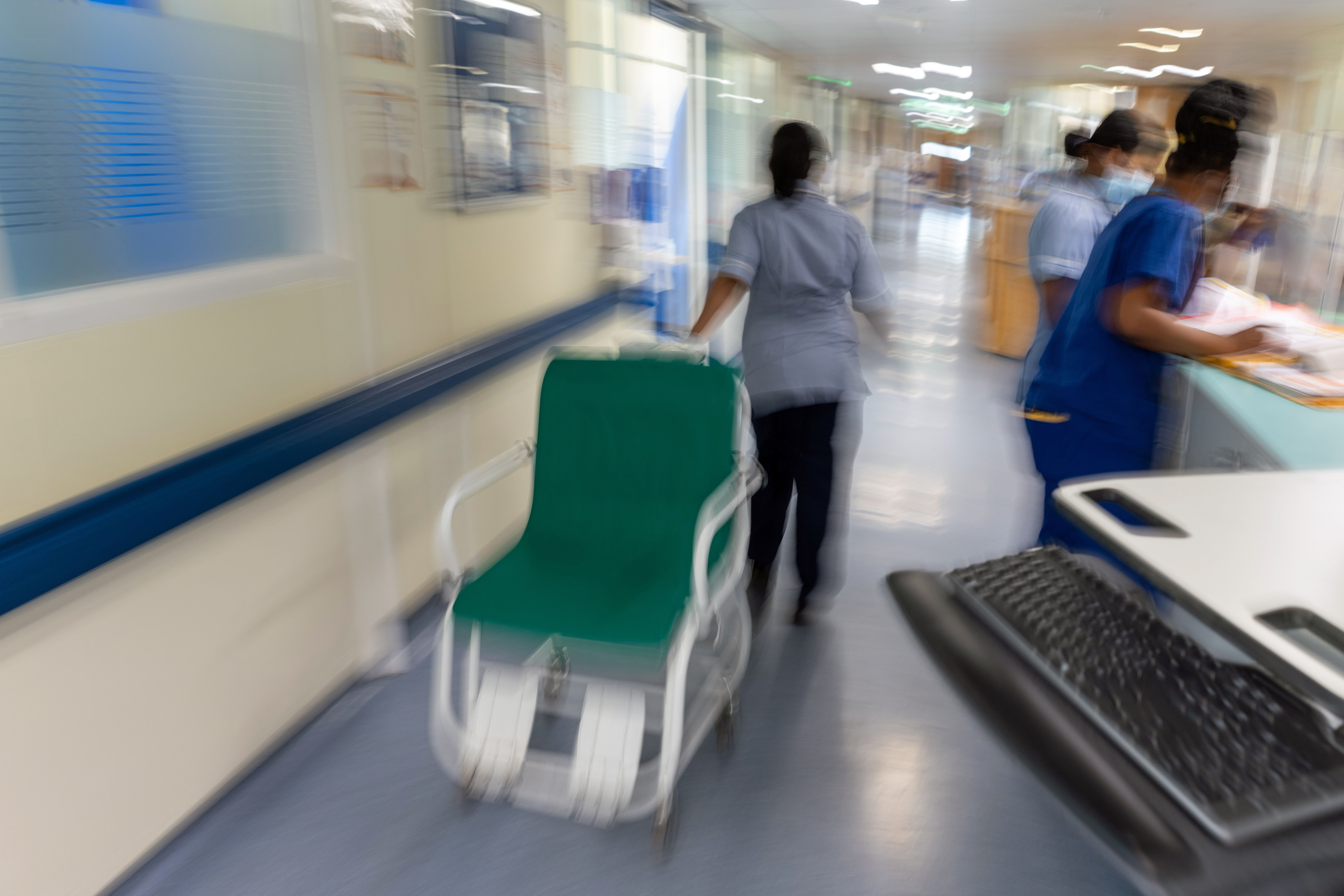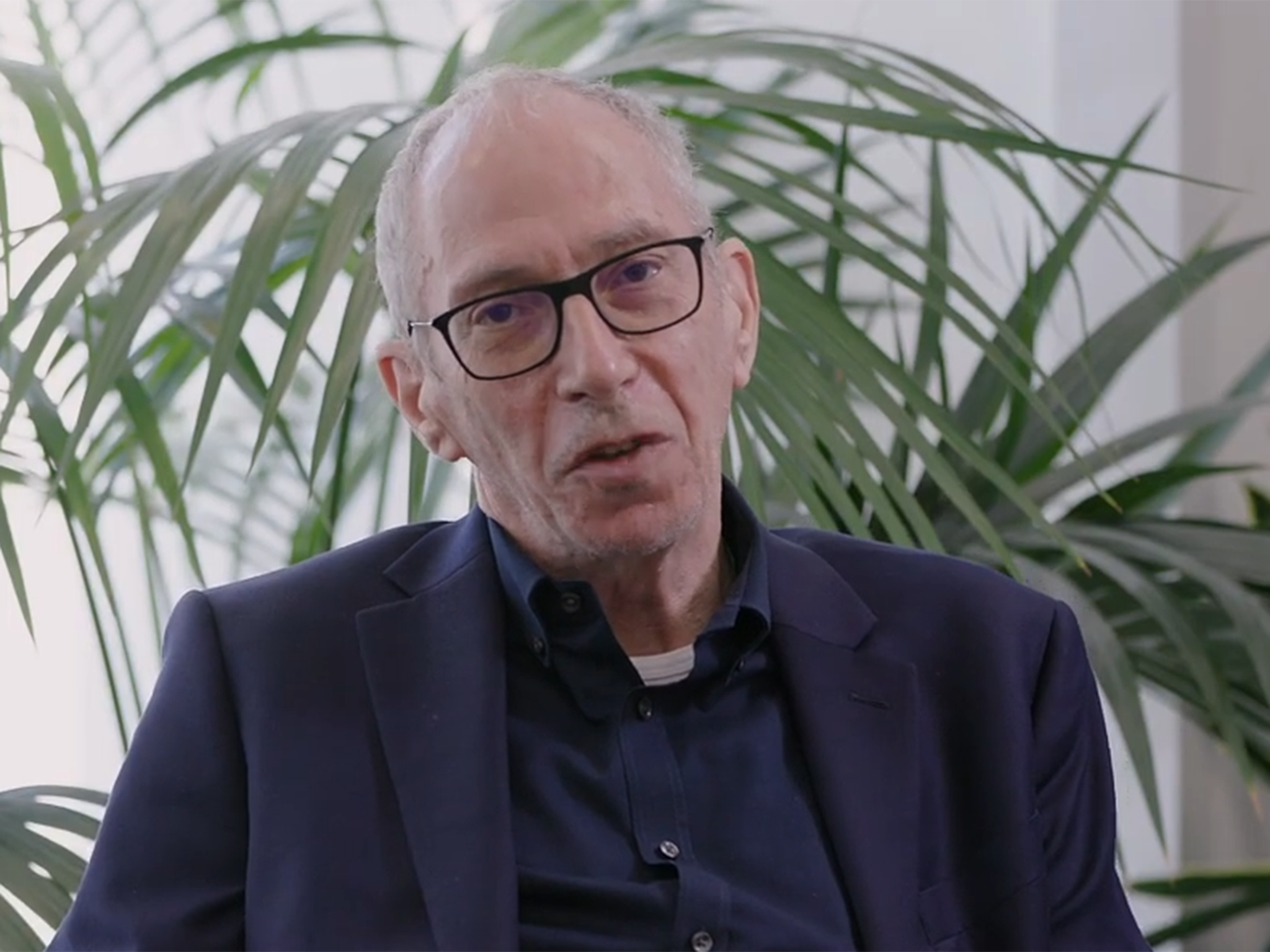Calls to overhaul doctor training to end ‘cover-up culture’ leading to avoidable NHS deaths
Health ombudsman warned there is an ‘ingrained defensiveness’ when it comes to patients being harmed or suffering avoidable death which must end

Your support helps us to tell the story
From reproductive rights to climate change to Big Tech, The Independent is on the ground when the story is developing. Whether it's investigating the financials of Elon Musk's pro-Trump PAC or producing our latest documentary, 'The A Word', which shines a light on the American women fighting for reproductive rights, we know how important it is to parse out the facts from the messaging.
At such a critical moment in US history, we need reporters on the ground. Your donation allows us to keep sending journalists to speak to both sides of the story.
The Independent is trusted by Americans across the entire political spectrum. And unlike many other quality news outlets, we choose not to lock Americans out of our reporting and analysis with paywalls. We believe quality journalism should be available to everyone, paid for by those who can afford it.
Your support makes all the difference.The UK must overhaul training for doctors to address a “culture of cover-up” in the NHS which leads to avoidable deaths, leading figures have warned.
In a flagship report into patient safety, health ombudsman Rob Behrens warned there was a tendency within the health service to cover up mistakes and an “ingrained defensiveness” when it comes to patients being harmed or suffering avoidable death.
Speaking during a launch event for the report on Thursday, Dr Bill Kirkup, who led the inquiry into maternity deaths in East Kent, agreed that medical training needed to be “overhauled” and said degree courses needed to look beyond purely academic skills when accepting students to consider other qualities, such as compassion.
His warning comes as the government is set to publish the NHS’ long-awaited workforce plan which is expected to recommend the introduction of medical apprenticeships that will allow students to train on the job rather than through traditional university courses.
The ombudsman’s report examined a snapshot of 22 cases of avoidable death and concluded there were four main direct causes of harm. They included a failure of staff to make the right diagnosis, treatment delays, poor communication and handover between staff, and a failure to listen to the concerns of patients or their families.
It found the physical harm patients suffer following mistakes is often “made worse” by “inadequate, defensive and insensitive responses” from NHS trusts, with some delaying their replies for months and years.
In one clear case of a cover-up, the report said the NHS trust “did not disclose” that different assessors had given contradictory opinions on whether a delay to surgery had resulted in avoidable harm, and then did not tell the family.
Mr Behrens told a briefing: “There is a culture of cover-up – there is no point pretending that everybody is nice and does the right thing.

“Because on the basis of the evidence that I see, patients have been lied to, their care plans have been altered after they died, and there are a whole series of incidents where people do not know what went on and hospitals are reluctant to disclose this.
“You can call it what you like but it is a cover-up.”
When asked if this culture began in medical school, Mr Berhens said “of course it does”.
“I’ve seen clinicians say that when they were training they were always told to defend what they had done and not to accept that they’ve made a mistake. It is part of the culture and it needs to change … hierarchies, the professional rivalries, the balkanized state of clinicians in the health service that has to be addressed, because that’s not going to go away on its own.”
Dr Kirkup, who has led a number of independent health safety inquiries in addition to the East Kent probe, told The Independent that changes to medical training was key to addressing the issue.
He said: “You have to recognise that you’re selecting people, not just to pursue glittering academic careers in research at the cutting edge …You’re also selecting people to do compassionate, palliative care and to do routine, you know, surgery for hernias, and so on for the next 50 years … I’m not sure that the right thing to do is always to select the ones who can get the best grades.
He added: “Patient safety failures are the third most common cause of death and yet there’s frantically little there’s a tiny amount of air to given to this undergraduate training and postgraduate training and development of staff.”
Dr Kirkup also warned of an “arrogance” within the health service with “the belief that people can do no wrong” which must be tackled.
The General Medical Council and British Medical Association have been approached for comment.


Join our commenting forum
Join thought-provoking conversations, follow other Independent readers and see their replies
Comments